Is Your Business Compliant With Manual Handling Regulations in Ireland?
Why Manual Handling Compliance Matters
Every year, thousands of workplace injuries in Ireland are caused by poor lifting and handling techniques. Back injuries, strains and musculoskeletal disorders remain some of the most common reasons for staff absence, which leads to lost time, reduced productivity and higher costs for employers. Manual handling training is therefore not only a legal requirement but also an essential part of workplace safety. Compliance shows that a business values the wellbeing of its staff and is committed to reducing risks.
The Legal Framework for Manual Handling in Ireland
Manual handling regulations are set out under the Safety, Health and Welfare at Work Act 2005 and the Safety, Health and Welfare at Work (General Application) Regulations 2007. These laws place a clear duty on employers to avoid manual handling where possible by using equipment or aids. Where manual handling cannot be avoided, the employer must assess the risks and ensure that staff are properly trained. Ignoring these responsibilities can result in enforcement action from the Health and Safety Authority and serious consequences in the event of workplace accidents.
What Counts as Manual Handling?
Manual handling covers more than lifting heavy boxes. It also includes pushing, pulling, carrying and repetitive movements that place strain on the body. Tasks such as stocking shelves, moving trolleys, handling materials, assisting patients or even shifting office supplies can fall under manual handling. Any employee who regularly carries out these activities should be trained in safe techniques to reduce the risk of injury.
What Does Manual Handling Training Involve?
A manual handling course teaches staff how to move loads safely and reduce the risk of injury. It covers posture, lifting techniques, the use of mechanical aids and the assessment of potentially risky tasks. The aim is to give employees the knowledge and confidence to protect themselves while working. Training should always be practical and relevant to the tasks being performed in a specific workplace, whether it is a warehouse, healthcare facility, office or shop floor.
How Often Should Training Be Refreshed?
The Health and Safety Authority recommends that manual handling training be refreshed at least every three years. However, refresher training may be required sooner if work practices change, if new equipment is introduced, or if an accident highlights unsafe handling techniques. Employers should keep accurate training records to ensure that staff remain up to date and that compliance can be demonstrated if the business is inspected.
Who Needs Manual Handling Training?
Any employee who faces a risk from manual handling should be trained. This includes workers in warehouses, retail, healthcare, hospitality, construction and manufacturing, but it can also apply to office staff who occasionally handle equipment or deliveries. Training should be considered a normal part of induction for new staff and a regular refresher for existing employees, ensuring that everyone who may face risk has the correct knowledge.
Consequences of Non-Compliance
Failing to provide manual handling training can have serious consequences. Employers may face fines or enforcement action from the Health and Safety Authority. In the event of an accident, a business could face legal claims, higher insurance costs and reputational damage. Staff who feel unsafe are also more likely to have low morale and reduced confidence in their employer. By contrast, businesses that invest in training enjoy safer workplaces, fewer injuries, improved productivity and a stronger reputation.
How to Ensure Compliance in Your Business
To remain compliant, employers need to carry out regular risk assessments, provide appropriate training through certified providers, record completion dates and schedule refresher courses. They should also encourage staff to use mechanical aids wherever possible and promote a culture of safety. Regular reviews of procedures and training ensure that compliance is not a one-off exercise but an ongoing commitment.
Conclusion: Protect Your Staff, Protect Your Business
Compliance with manual handling regulations in Ireland is a legal requirement, but it is also a smart business decision. By investing in proper training, employers reduce the risk of injury, protect their staff, and create a safer, more productive workplace. Keeping up with refresher training and maintaining good records shows a commitment to safety that benefits everyone.
Book Manual Handling Training with Handle with Care
Handle with Care delivers certified on-site manual handling training tailored to the needs of your business. Our courses meet all Irish legal requirements and help employers protect their staff while staying compliant with Health and Safety Authority regulations.




